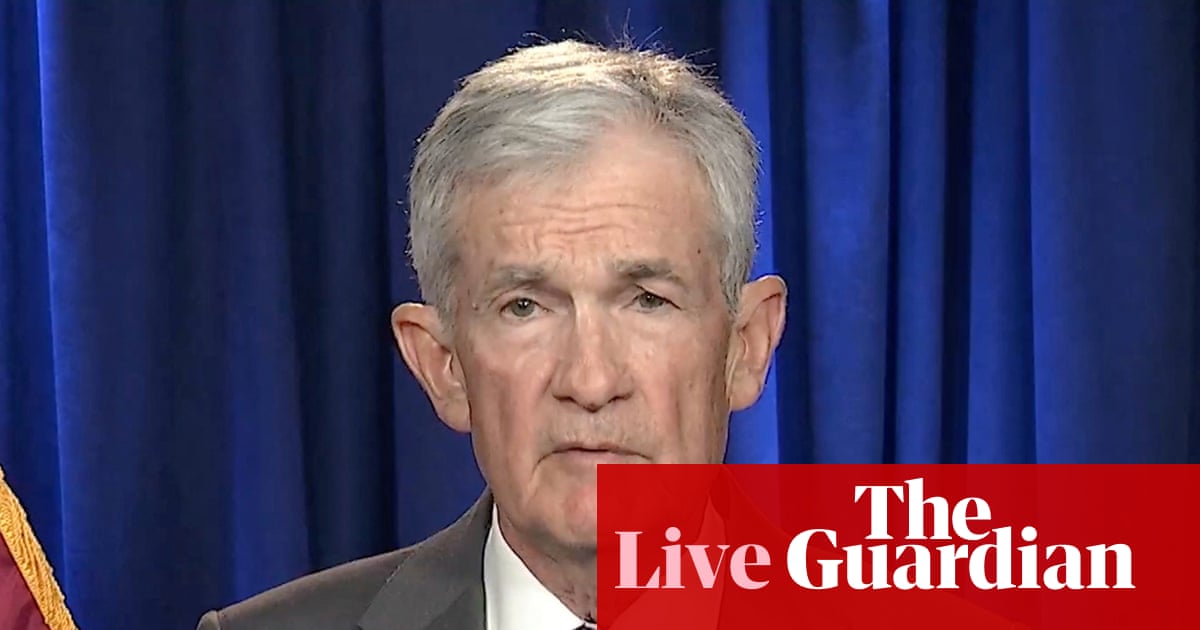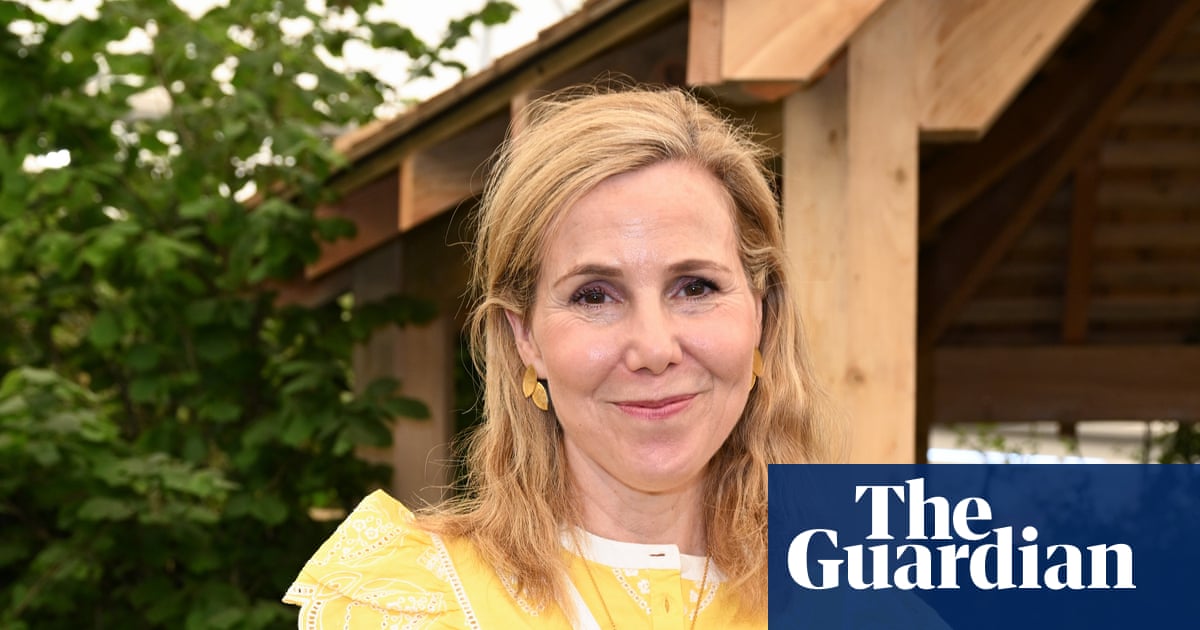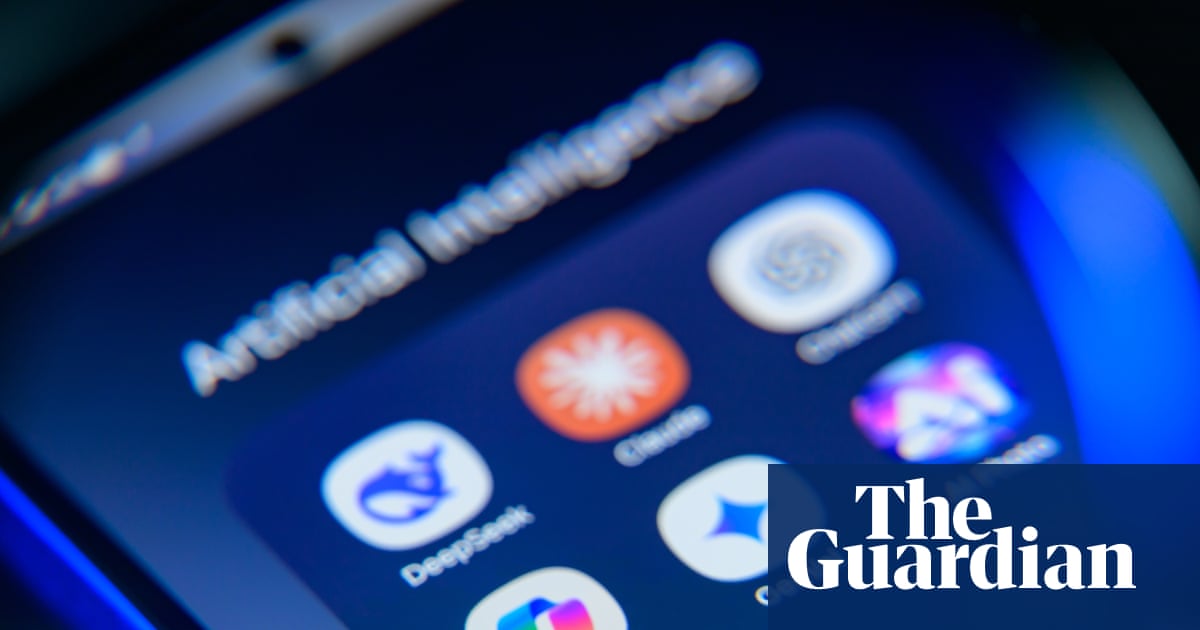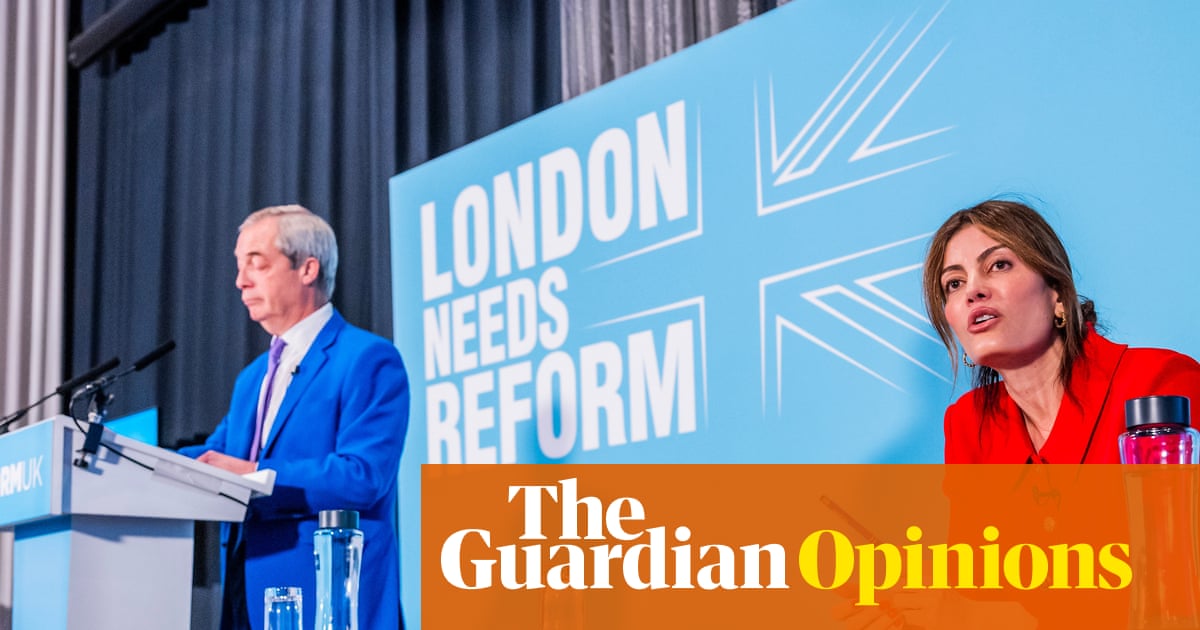At Sunday’s memorial for the rightwing activist Charlie Kirk, Donald Trump paid a peculiar tribute. Having quoted Mr Kirk’s words of forgiveness, he put aside the script. “That’s where I disagreed with Charlie,” he said. “I hate my opponents, and I don’t want the best for them.” It was a stark and clarifying admission. Mr Trump does not seek to criminalise hate speech so much as to criminalise speech he hates.
The US is being dragged into a state of emergency. Speech is framed as terrorism. Satire is rebranded as enemy propaganda. Employers punish workers for personal posts. The predictable result is a chilling climate of surveillance and reprisal, in which citizens learn to keep quiet. The assassination is not just being used to police manners; it is being used to reconstruct the public square so that dissent equals disloyalty, and disloyalty is treated as a security threat.
Hannah Arendt warned of the existential peril in blurring the line between truth and lies: then truth doesn’t stand; it becomes optional. Mr Trump’s reported falsehoods about paracetamol and autism will harm mothers, stigmatise families and erode trust in medicine. But in Trumpland such costs are outweighed by the political payoff of pitting supporters against the scientific “establishment”.
His assault is twofold. First, speech is being weaponised through partisan media, online influencers and harassment networks that seek to capture attention while corroding the conditions for open dialogue. Second, state power is weaponised by cowing social media platforms, threatening network licences and politicising information. Handing TikTok to rightwing billionaires is a morbid symptom of democratic decline.
“Authority is to be controlled by public opinion, not public opinion by authority,” said the US supreme court. That defines the first amendment: citizens, not the state, decide which ideas survive, with narrow limits like fraud or defamation. By presuming to define “truth”, Mr Trump subverts self-government. Hate rallies thrive in Trump’s America because, since 1969, speech is unprotected only if intended and likely to incite “imminent lawless action”.
The US is a free-speech outlier. Other democracies accept broader, more collective trade‑offs to protect vulnerable groups, maintain public order and prevent incitement and harassment. Each country is different but the bargain is similar. Speech is presumptively free, yet words are considered acts with foreseeable harms. Words can mobilise mobs, direct harassment and orchestrate violence. The point isn’t to shield anyone’s feelings, it’s to make coexistence possible.
Mr Trump has inverted the American model. Rather than robust exchanges under neutral rules, he selectively rewards allies while degrading the conditions of honest debate. All this while the infosphere is saturated with viral lies, making it easier to justify punitive state action “to keep order”. That is how an emergency becomes a system.
The answer is not the censor’s pen nor a free-for-all. It requires resilient democratic plumbing; social media platforms made accountable for publishing harms; and properly defining dangerous conduct. The aim – particularly in the US – must be to preserve free expression as the bedrock of self-government while dismantling the machinery that warps attention toward outrage and partisan mobilisation. Mr Trump’s speech was disgraceful. When power learns to hate its opponents, democracy will fail.

 3 months ago
95
3 months ago
95

















































